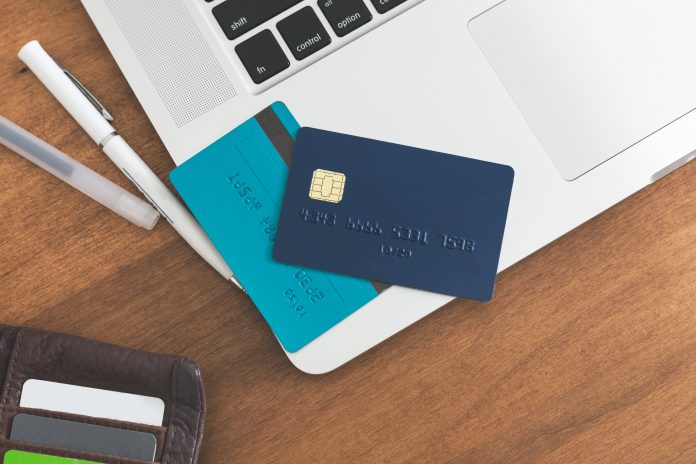If you’re like a lot of people, you might assume that using a debit card for business expenses trumps using a credit card. After all, credit cards may come with high interest rates that can turn ordinary business expenses into crippling debt if you’re not careful.
However, there are some ways that a business debit card could put your home business at risk that you should be aware of.
You’re Not Protected
While there is a federal law that protects consumers who use debit cards in the case of fraudulent use (specifically Regulation E), that doesn’t apply to business debit cards.
Most banks offer zero liability to business debit cardholders—meaning if someone gains access to your business debit card, you shouldn’t be held responsible for the transactions they incur—but there are transactions that are excluded, and there’s no time frame under which they must make you whole.
That can put your business in jeopardy. Imagine if your card number was hacked and someone spent thousands of dollars and you were left footing the bill. Even if the bank agrees to look into it, your account could be frozen, impairing you from being able to make purchases. You might also rack up overdraft fees if your account balance is at zero or negative, due to the fraud.
Rewards Aren’t That Great
Debit cards aren’t known for offering stellar rewards, but business credit cards are. Most debit card reward programs top out at 1% cash back on the first $2000-$3000 in purchases.
Contrast that with business credit cards that offer lucrative rewards including:
- Cash back of 2% or more for purchases in certain categories.
- Travel miles that are often worth several cents each if used strategically.
- Limited time offers such as bonus points or miles if you spend a certain amount within the first 90 days.
It makes sense to put all your business expenses on one card so you can accrue points to redeem for travel, gift cards, or cash back. Many business credit cards also offer other perks, like travel insurance, purchase protection, and discounts on certain purchases. Plus, using a credit card and paying your bill on time can help you build your business credit, which can help you qualify for great financial offers later if you need them.
You’re Limited to the Funds You Have
Certainly, that lesson your parents taught you about not spending more than you have makes sense, but for businesses, sometimes it’s necessary to extend beyond that.
What would you do if your computer suddenly died, impairing you from being able to run your business? If you didn’t have enough in your account to cover the unexpected expense, your business couldn’t run.
Using a business credit card provides that safety net in the case of emergencies like this. You can rest assured that your business will survive a crisis. The funds are there if you need them.
Credit cards can also improve your cash flow, even when you pay the bill in full each month. Let’s say you do need to buy that new computer. If you purchase it right after the close of your billing cycle (which is listed on your statement) it won’t show up on this month’s bill. Instead, it will appear on the following month’s bill, which means you have almost two months to pay it off before interest kicks in. (Note, though, that any time you carry a balance, new purchases will likely incur interest right away.)
Try This Instead
Business owners who are worried they may run up large balances on credit cards may want to try the strategy home-based business owner Travis Huff, founder of RealTime Outsource and host of the Be Real Show podcast, uses. He treats his business credit card like a debit card by paying off purchases the same day he makes them. “I put all my business expenses on my Citi Card to get miles,” he explains, “I make daily payments. Now six years later, I haven’t paid one dollar in interest.” His only cost has been the $99 annual fee, which more than pays for itself in the miles he has earned.
A Final Caveat
Running a business requires discipline, and so does using a credit card (or taking out any other kind of financing). If you’re going to do it, do so responsibly. Like Huff, make every effort to pay your balance in full so you don’t pay interest. If you can’t do that, try to pay more than the minimum amount due, and pay on time.
Keep your personal and business finances separate so you remove the personal risk from the equation and so that you start to build your business’ credit history. It’s your responsibility to understand how business finances work, and that includes the pitfalls that using a business debit card can cause.
Find a Home-Based Business to Start-Up >>> Hundreds of Business Listings.
















































